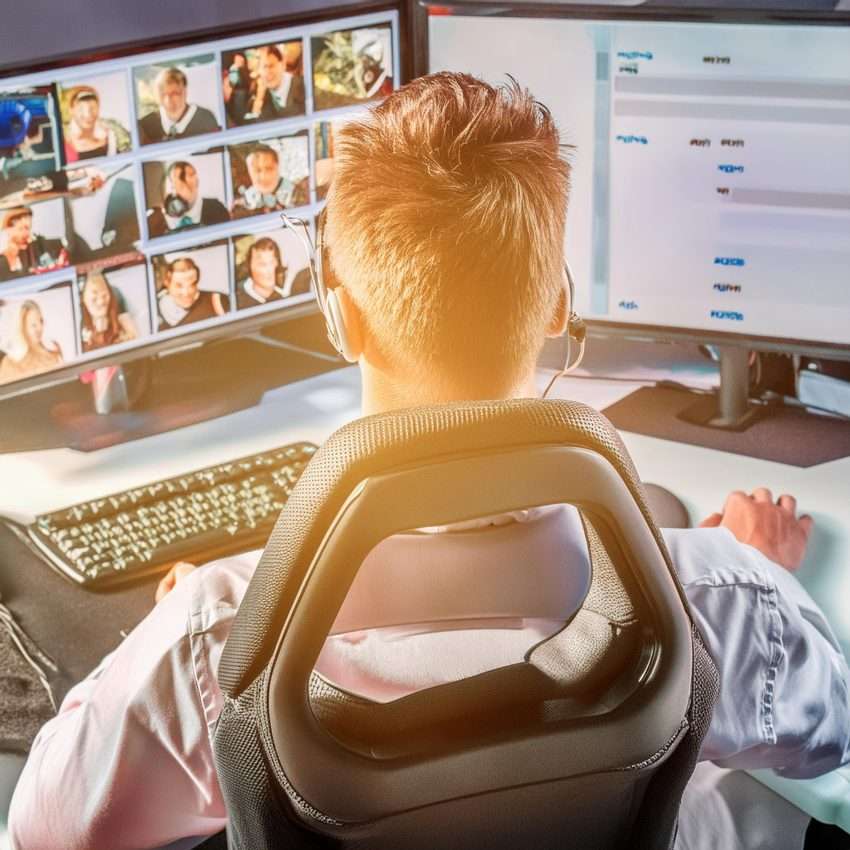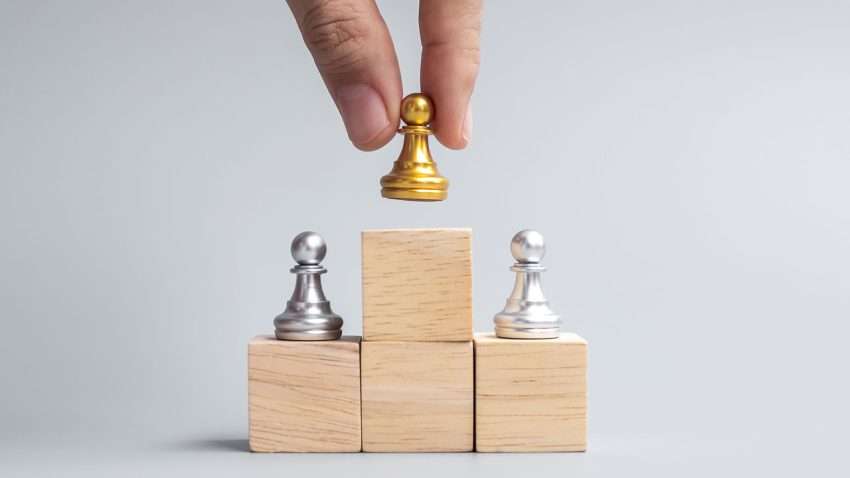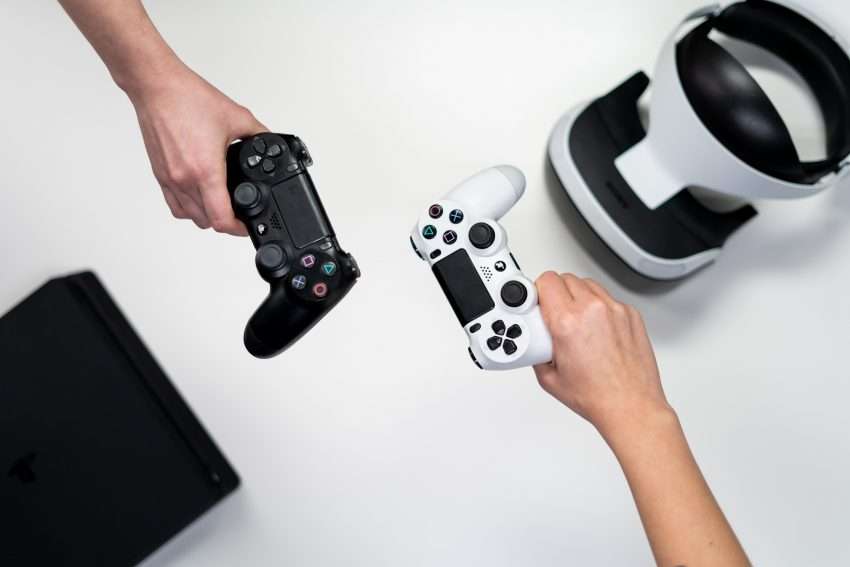“The format is innovative and entertaining. Presented as a story, learning becomes fun. It hooks participants through the opportunities for involvement, the challenges it raises and the competition with others”. That was the description given by an employee of pharmaceuticals firm Merck, Sharp & Dohme of his first experience of the world of gamification. He had been trained to improve his negotiation skills using a serious game, and that is how he summarised the programme.
While dozens of studies are published daily confirming the effectiveness of videogames in skills development, successful case studies of gaming in the corporate sector are also multiplying. The fact is that gamification is taking hold at companies in practically every niche and segment, from sales to customer service. It is, though, when applied to soft skills development that it proves particularly effective.
Human Resources training managers have gradually become convinced of this new reality, exploring and observing the outcome of different experiences. What they are looking for right now are new ways to train their employees, to satisfy their demands in terms of skills development, and gamification provides the answer.
It is not, though, simply a matter of gamifying content, but of doing it well. As developers of this type of product we must undertake to provide in each of our interactive solutions a series of fundamental elements including: quality simulators, short turnaround times, immediate feedback and applicability of lessons learnt.
Only if it fulfils these requirements is a serious game worthy of the name. And only this type of quality gamification will serve to oust face-to-face learning for good.





